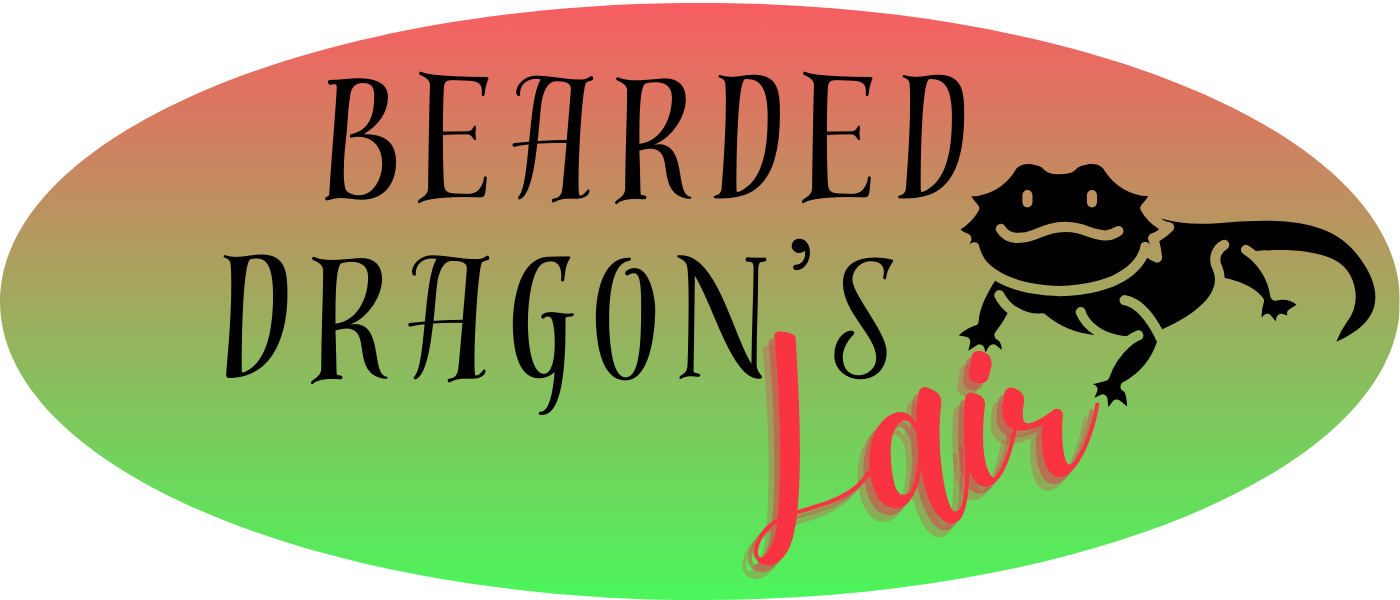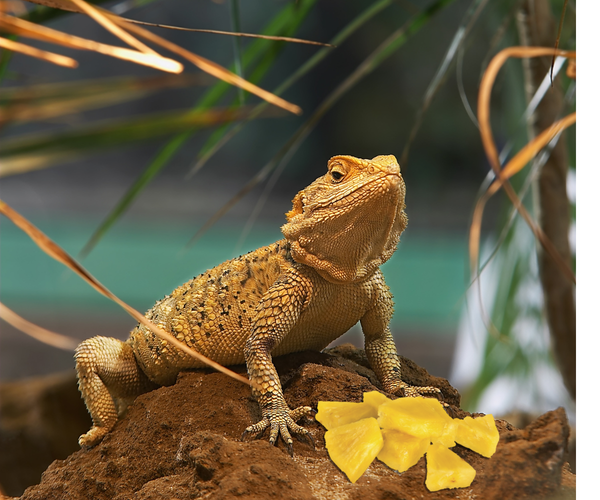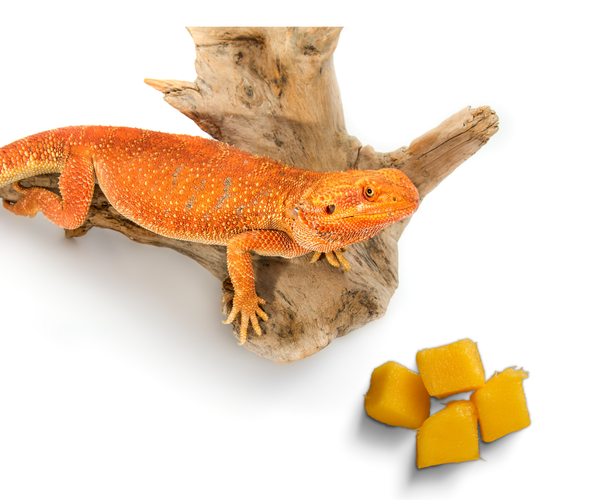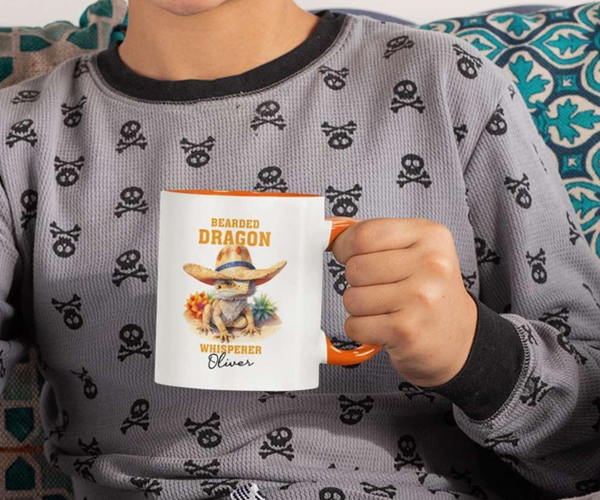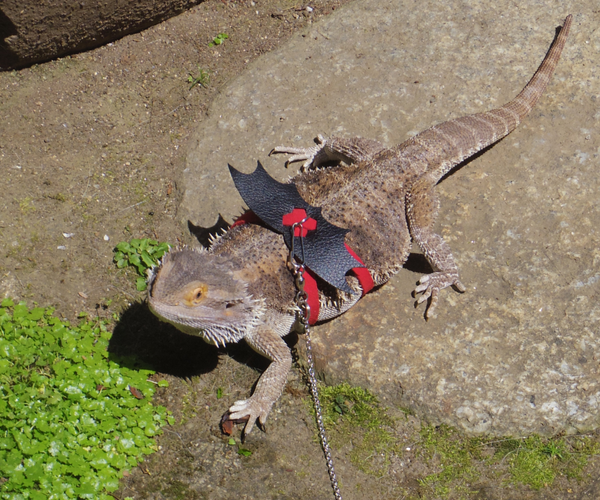Can Bearded Dragons Eat Kale?
Kale can be a nutritious addition to a bearded dragon's diet when offered in moderation.
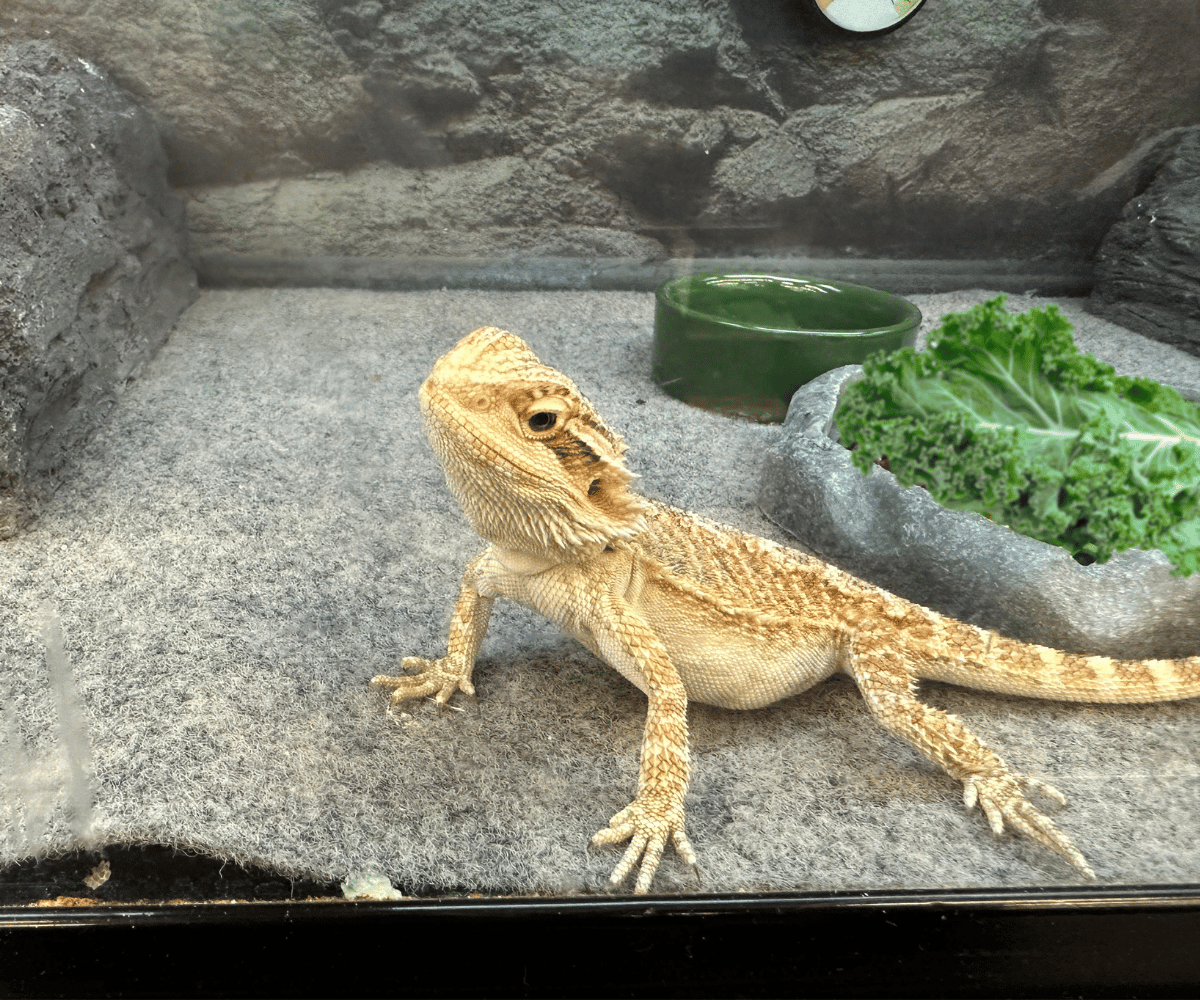
Bearded dragons are popular pets known for their unique appearance and interactive behavior. As a bearded dragon owner, understanding the dietary needs of your scaly friend is crucial for its health and longevity. One common question among bearded dragon enthusiasts is whether these reptiles can safely consume kale. This article dives into the nutritional aspects of kale in a bearded dragon's diet, providing you with all the information you need to make informed feeding choices.
Key Takeaways:
- Kale can be a nutritious addition to a bearded dragon's diet when offered in moderation.
- It's important to balance kale with other vegetables and feeder insects to ensure a varied diet.
- Overconsumption of kale can lead to health issues due to its goitrogenic properties.
Understanding Bearded Dragon Nutrition
Bearded dragons are omnivores, which means they require a balanced diet of both plant-based foods and protein. In the wild, their diet consists of a variety of insects, fruits, and vegetables. Captive bearded dragons rely on their owners to replicate this balanced diet to maintain optimal health. The right mix of nutrients is essential for their growth, immune system, and overall well-being.
When it comes to vegetables, not all are created equal in the eyes of a bearded dragon. Some greens are more nutrient-dense and safer than others. Kale, in particular, has sparked debate among reptile enthusiasts and experts due to its nutritional profile and potential health implications.
The Nutritional Profile of Kale
Kale is a leafy green vegetable that's high in vitamins A, C, and K, as well as calcium and iron. These nutrients are beneficial for bearded dragons, contributing to strong bones, proper vision, and a robust immune system. However, kale also contains goitrogens, substances that can disrupt thyroid function by interfering with iodine uptake if consumed in large quantities.
Despite these concerns, kale can still be a part of a bearded dragon's diet. The key is to offer it in moderation and as part of a varied diet that includes other vegetables and insects. This approach ensures that your bearded dragon gets the benefits of kale without the risks associated with overconsumption.
Introducing Kale to Your Bearded Dragon's Diet
If you decide to feed your bearded dragon kale, it's important to do so gradually. Start by offering small pieces of kale mixed with other safe vegetables. Observe your bearded dragon's reaction to the new food and monitor its health. If there are no adverse effects, you can continue to include kale as an occasional treat.
It's also crucial to properly prepare the kale before feeding it to your bearded dragon. Wash the leaves thoroughly to remove any pesticides or contaminants. Organic kale is a preferable choice to minimize the risk of chemical exposure. Chop the kale into bite-sized pieces to prevent choking and make it easier for your bearded dragon to digest.
Balancing Kale with Other Dietary Needs
A bearded dragon's diet should be diverse, consisting of a variety of vegetables, fruits, and feeder insects. While kale can be a part of this diet, it should not be the only vegetable offered. Other greens like collard greens, dandelion greens, and mustard greens are excellent choices that provide a range of nutrients without the same level of goitrogens found in kale.
Feeder insects such as crickets, mealworms, and dubia roaches should also be a staple in your bearded dragon's diet, especially for juveniles who require more protein for growth. These insects provide essential amino acids and other nutrients that are vital for your bearded dragon's health.
The Risks of Overfeeding Kale
Feeding your bearded dragon too much kale can lead to health issues. The goitrogens in kale can cause thyroid problems, leading to a condition known as goiter. Symptoms of goiter include swelling in the neck area and difficulty swallowing. Additionally, excessive consumption of kale can result in an imbalance of calcium to phosphorus in the diet, potentially leading to metabolic bone disease.
To avoid these risks, it's important to follow the rule of moderation. Kale should only be a small part of your bearded dragon's vegetable intake, and it should be rotated with other greens to prevent nutrient imbalances and health complications.
Preparing Kale for Optimal Nutrition
When preparing kale for your bearded dragon, there are a few tips to keep in mind to maximize its nutritional value. First, chopping kale into small, manageable pieces ensures that your bearded dragon can easily consume and digest the vegetable. Secondly, steaming kale lightly can help reduce the goitrogen content while still preserving most of its nutrients.
It's also beneficial to mix kale with other vegetables to create a nutrient-rich salad. This not only provides a variety of flavors and textures for your bearded dragon to enjoy but also helps balance out the potential negative effects of any single vegetable.
The Role of Supplements in a Bearded Dragon's Diet
While kale and other vegetables are important, they may not always provide all the necessary nutrients in the right proportions. This is where supplements come in. Calcium and vitamin D3 supplements are particularly important for bearded dragons to prevent metabolic bone disease.
It's essential to use these supplements according to the instructions and under the guidance of a veterinarian. Over-supplementation can be just as harmful as a deficiency, so finding the right balance is key to your bearded dragon's health.
Monitoring Your Bearded Dragon's Health
After introducing kale or any new food into your bearded dragon's diet, it's important to monitor its health closely. Watch for any changes in behavior, appetite, or stool consistency, as these can be indicators of a dietary issue. Regular check-ups with a reptile-savvy veterinarian can help catch any potential problems early and keep your bearded dragon in top condition.
If you notice any adverse reactions after feeding kale, such as lethargy or digestive upset, it's best to remove it from the diet and consult with a veterinarian. They can provide guidance on dietary adjustments and ensure that your bearded dragon receives the care it needs.
Summary
Kale can be a healthy addition to a bearded dragon's diet when offered in moderation and as part of a varied diet. It's packed with essential vitamins and minerals but also contains goitrogens that can be harmful in large quantities. By balancing kale with other vegetables and feeder insects, and by monitoring your bearded dragon's health, you can safely incorporate this leafy green into their diet. Always consult with a veterinarian for personalized advice and to address any concerns about your bearded dragon's nutritional needs.
FAQ Section
Q: How often can I feed my bearded dragon kale? A: Kale should be fed in moderation, which typically means including it in your bearded dragon's vegetable mix once or twice a week. Always balance it with other greens and vegetables.
Q: Can kale cause health problems for bearded dragons? A: Yes, if fed in excess, kale can lead to thyroid issues due to its goitrogen content and can also disrupt the calcium to phosphorus ratio in the diet. Offer kale in moderation to avoid these risks.
Q: Should I give my bearded dragon supplements if it's eating kale? A: Bearded dragons generally require calcium and vitamin D3 supplements, regardless of whether they eat kale. Consult with a veterinarian to determine the appropriate supplementation for your pet's specific needs.
